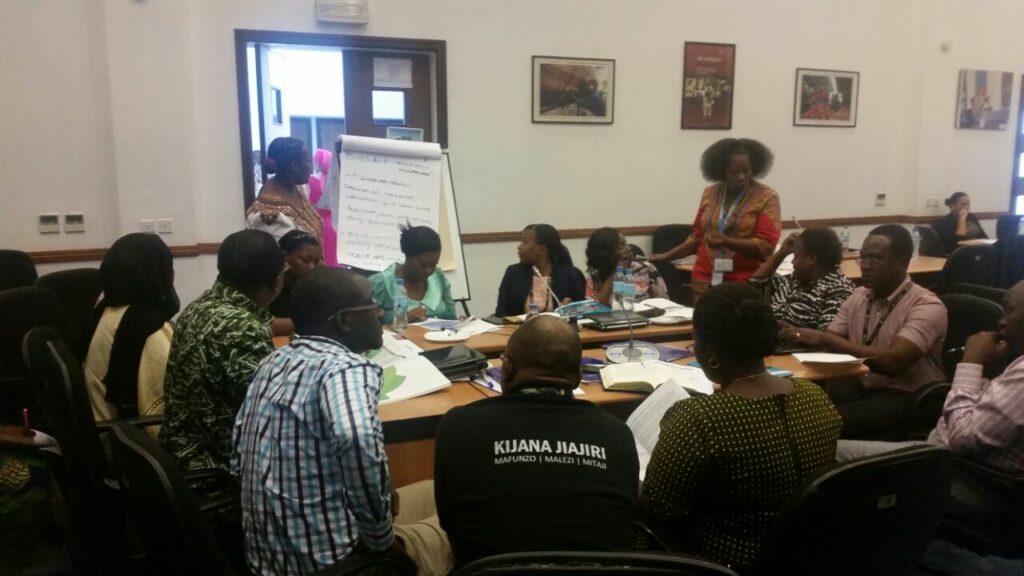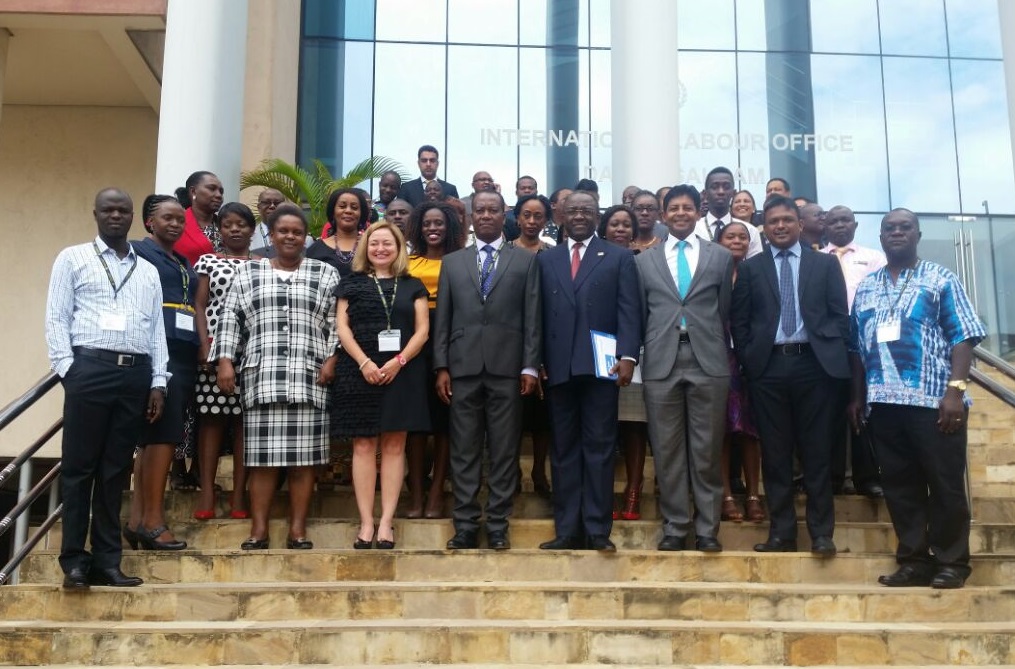Youth Entrepreneurship for Africa’s Transformation
May 27
Youth entrepreneurship can help people realise their potential and drive Africa’s transformation, writes Collins Kimaro, a Correspondent from Tanzania.
“What Africa becomes tomorrow depends on how it harnesses the potential of young people today,” said Eric Shitindi, Permanent Secretary of the United Republic of Tanzania, as he officially opened a technical workshop on youth entrepreneurship, organised in collaboration with the Commonwealth Secretariat, the International Labour Organisation, and UNCTAD.
Held in Dar es Salaam, the initiative aims to support Commonwealth member states in East Africa to develop national youth entrepreneurship frameworks and polices. Delegations from Kenya, Mauritius, Namibia, Rwanda, Seychelles, Tanzania, Uganda and Zambia were present.
For these countries and across the rest of Africa, progress lies with their young people, who dominate the population. This poses both an opportunity and challenge, as young people account for 60% of those unemployed. Furthermore, those who are able to find jobs are mostly under-employed in unstable and poorly paid work.
Why Youth Entrepreneurship?
Globally, entrepreneurship is a key driver of economic growth and prosperity. The majority of developed economies are driven by Small and Medium Enterprises, often led by young entrepreneurs. Correspondingly, a study of 105 youth employment interventions conducted by the Solutions for Youth Employment Initiative (S4YE) found those that encouraged entrepreneurship generated the largest gains in income.
Another advantage of youth entrepreneurship is that it is an option available to many young people. Formal employment often immediately disqualifies many young people due to its requirements for higher education qualifications and extensive experience. On the other hand, entrepreneurship gives these young people a fighting chance. During the workshop, Charles Ocici from Enterprise Uganda proclaimed that “entrepreneurship is an equaliser; no matter your background, education or family endowment.”
Looking at the capacity of the formal sector, one could claim that entrepreneurship is not only a viable option but a necessity for Africa’s sustainable development. The World Bank estimates that only one-quarter of African youth will be able to find a wage job. Therefore, entrepreneurship is a key avenue to help young people to employ themselves and others.

Supporting Youth Entrepreneurship
To do so, Fulvia Farinelli from UNCTAD argues that we must “view entrepreneurship as a systemic issue and follow a holistic approach.” National policies and strategies are key parts of this in order to create a conducive environment to allow young entrepreneurs to flourish. Sushil Ram from the Commonwealth Secretariat emphasised that “currently there are a large number of initiatives on youth entrepreneurship that are not linked. We need an integrated and coherent policy approach for more effective outcomes.” This workshop laid the foundations for this and benefited from the support of the Tanzanian government, UNCTAD, and the ILO..
There is an African proverb that says, “if you want to go fast, go alone. If you want to go far, go together.” Accordingly, the development of these national strategies must be inclusive of all relevant stakeholders. This workshop leveraged the collective impact approach and convened policy-makers, experts and young entrepreneurs themselves. Including young people in the discussion was key to Alvin Laurence, CEO of the Seychelles National Youth Council, who asserted that “we as young people do not want politicians to make decisions for us. We want to make decisions with them.”
The state of youth entrepreneurship in the region is set to be transformed following the workshop as delegations return to work on their national policies and strategies for youth entrepreneurship. It is such collaborative and systematic efforts that will allow entrepreneurship to help young people realise their potential and drive Africa’s transformation.




